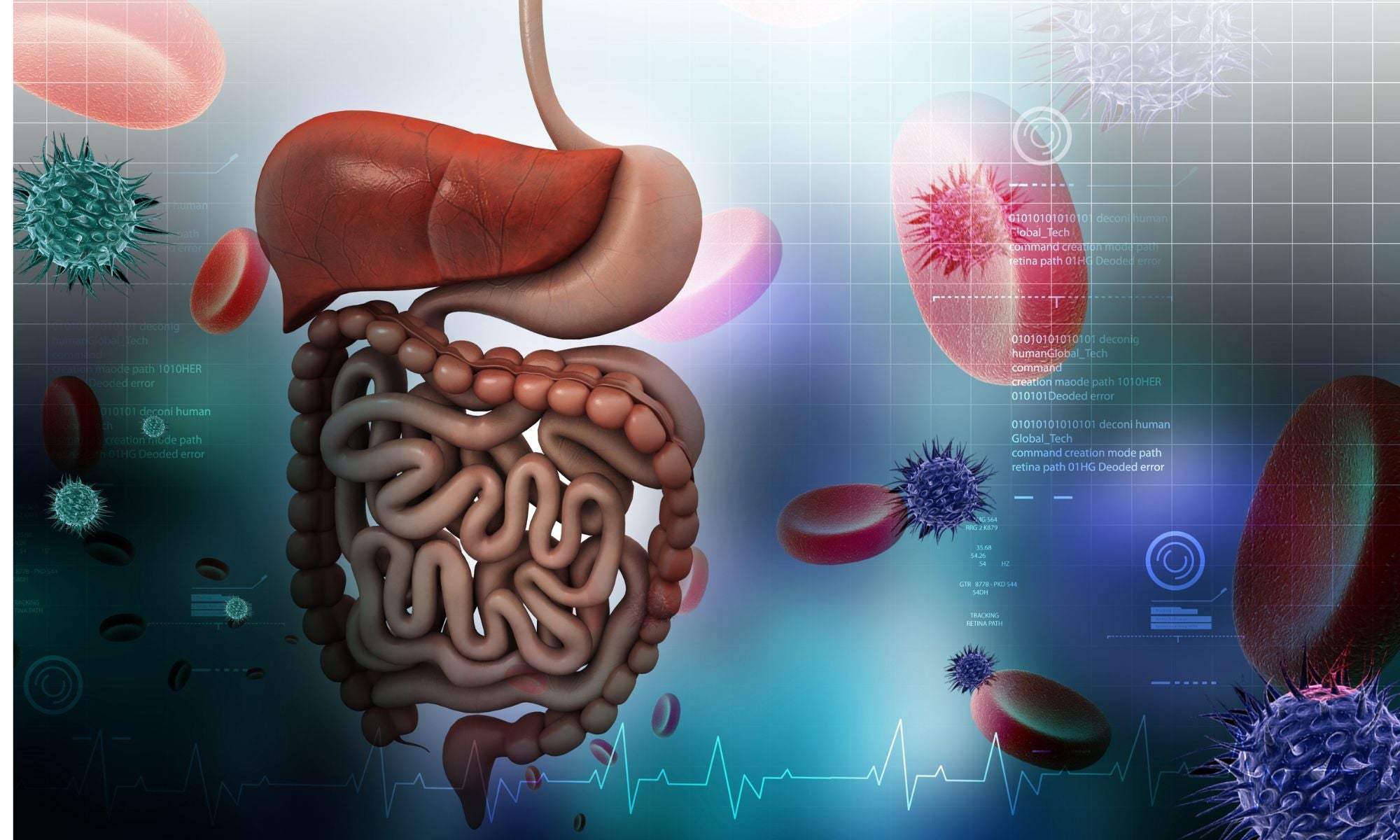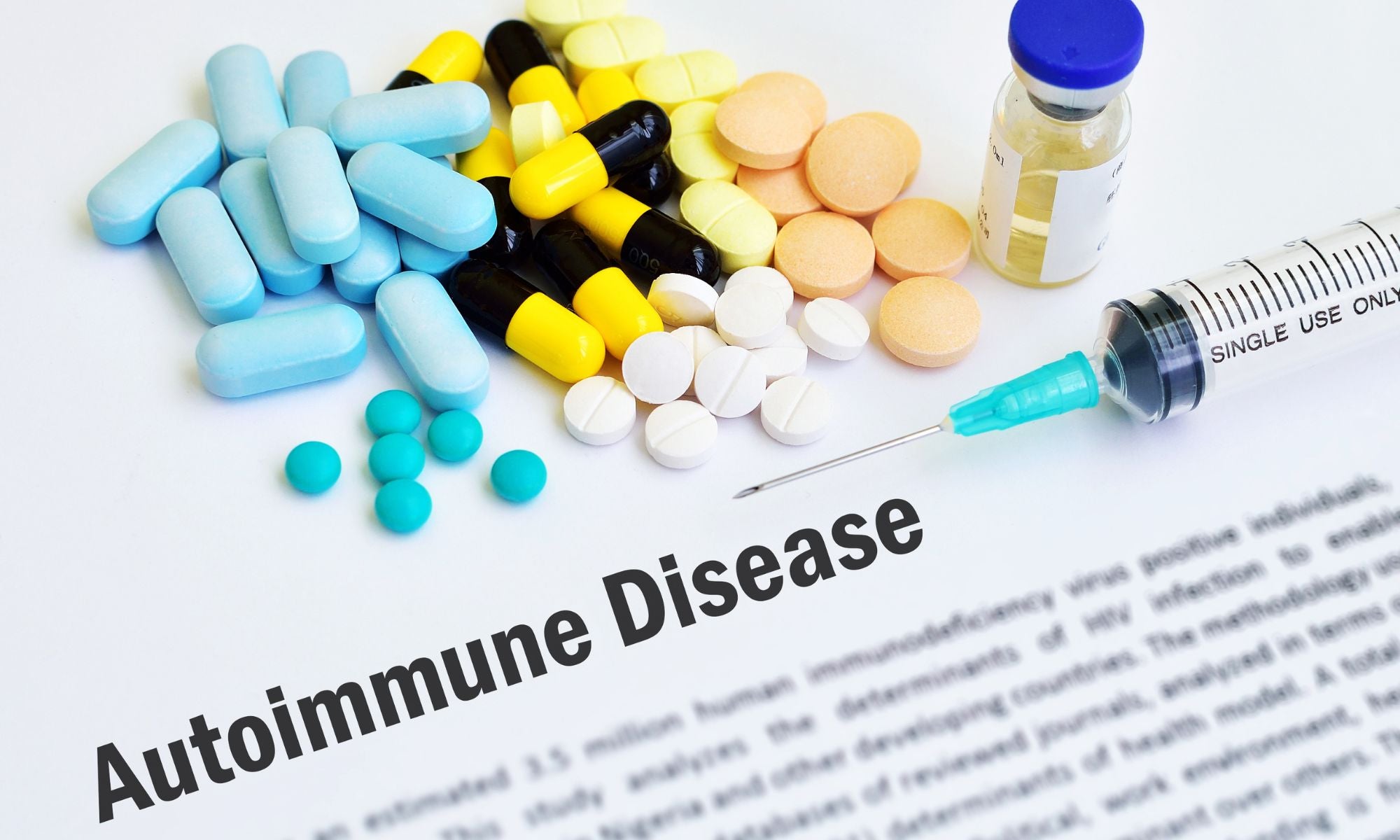
10 TIPS TO START IMPROVING YOUR GUT HEALTH
Can you believe that approximately 40 trillion bacteria are lurking within you? Most of them are found in the intestines. As a whole, these bacteria are called the “gut microbiota.”
The gut microbiota plays an essential role in the overall well-being of a person. However, keep in mind that there are also “bad” types of bacteria within the intestines that can be a factor in several diseases.
What’s interesting is the fact that what we eat impacts the types of bacteria residing within your body. Here are 10 tips if you want to maintain a healthy gut microbiota:
Eat a Variety of Foods

Different foods mean different types and amounts of essential nutrients.
There are countless species of gut bacteria and each of them has a unique function in your health. They require unique nutrients in order to grow, that's why it is best to eat a diversity of whole foods.
A diverse microbiota is ideal. If you possess many different bacteria species, you will reap many different health benefits too!
If you are determined to achieve a diverse microbiota, you need to prioritize food diversity in your diet.
Sadly, the Western diet doesn’t promote diversity. Rather, it is filled with sugary and fatty foods. It was estimated that 75% of the global food consumed today is produced from only 5 animal and 12 plant species.
On the other hand, diets in some rural regions are rich in various plant sources and are more diverse.
![]() SUMMARY:
SUMMARY:
A diverse microbiota can be achieved by having a diverse diet rich in whole foods, such as fruits and vegetables.
Eat Tons of Fruit, Vegetables, Beans, and Legumes Regularly

The healthiest diet on earth is the one filled with fruits, vegetables, beans, and legumes on a regular basis.
There is no doubt that fruits and vegetables pride themselves for being the finest sources of nutrients. If you want to achieve a healthy gut microbiome, these are the type of foods you should be eating every day.
Alongside with legumes and beans, fruits and veggies are beneficial to your gut due to their high fiber content. Various gut bacteria are able to digest fiber, which prompts their growth.
There are many other fiber-rich foods that contribute to healthy gut bacteria. Here are some of them:
- Artichokes
- Raspberries
- Chickpeas
- Green peas
- Lentils
- Broccoli
- Kidney Beans
- White Beans
- Whole Grains
One research discovered that having a diet rich in fruits and vegetables inhibits the development of certain disease-causing bacteria.
Foods like apples, almonds and artichokes were proven effective in increasing Bifidobacteria in humans. Bifidobacteria is a type of friendly gut bacteria because they assist in preventing intestinal inflammation and supporting overall gut health.
![]() SUMMARY:
SUMMARY:
A diet rich in fruits, vegetables, beans, and legumes is good for the gut. Their richness in fiber supports the development of good bacteria in the gut, such as Bifidobacteria.
Consume Fermented Foods

Fermented foods are ones that have been modified by microbes. The fermentation process involves yeasts or bacteria that convert the food’s sugars into organic acids.
Here are the most well-known fermented foods today:
- Yogurt
- Sauerkraut
- Kombucha
- Kimchi
- Tempeh
- Kefir
Most of these fermented foods contain high amounts of lactobacilli, a type of friendly bacteria that is good for your gut.
Studies show that those who consume high amounts of yogurt possess more lactobacilli in their gut. In addition, they also possess fewer Enterobacteriaceae, a type of bacteria that contributes to inflammation and other chronic illnesses.
However, keep in mind that most yogurts available in the market, especially the flavored ones, are filled with high amounts of sugar. Always check the label. The best choice would be natural yogurts. Look for plain yogurts made of milk and bacteria mixtures--commonly called starter cultures.
![]() SUMMARY:
SUMMARY:
Fermented foods, such as yogurt, kefir and kimchi, are rich in beneficial gut bacteria. They are able to increase the good bacteria in your gut while lessening the bad ones.
Avoid Foods that are Rich in Artificial Sweeteners

In order to replace sugar, most foods today contain artificial sweeteners to retain their good taste. Unfortunately, a lot of studies proved that artificial sweeteners negatively impact the gut microbiota.
A research conducted in rats showed that the artificial sweetener aspartame is able to reduce weight gain. However, it may also cause blood sugar levels to increase.
In addition, the rats who consumed aspartame possess higher Enterobacteriaceae and Clostridium in their systems. Both disease-causing bacteria are very harmful if present in high amounts.
![]() SUMMARY:
SUMMARY:
Artificial sweeteners enhance the taste of food but negatively impact your blood sugar levels and gut microbiota.
Consume Prebiotics

Aside from probiotics, you should also consume prebiotics! Prebiotics support the proper growth of your friendly gut bacteria. Mainly, they are a fiber that isn’t digested by your body. Rather, certain types of bacteria digest them to be used as fuel.
Various whole foods, such as fruits and vegetables, are rich in prebiotics. Eating fiber-rich foods support the growth of several good bacteria, such as Bifidobacteria.
![]() SUMMARY:
SUMMARY:
Prebiotics supports the healthy growth of good bacteria, such as Bifidobacteria.
Breastfeed for 6 months and beyond

A human’s microbiota starts to develop at birth. However, studies propose that infants could be exposed to a few bacteria even before birth.
In the first year of an infant’s life, his microbiota is rich in Bifidobacteria which properly digests the natural sugars in the mother’s breast milk. In fact, he is developing these beneficial bacteria constantly.
Various studies prove that formula-fed infants possess an altered microbiota that contains lesser Bifidobacteria in comparison to breastfed babies.
![]() SUMMARY:
SUMMARY:
Breastfeeding is good for the gut! It assists babies in developing a healthy microbiota, which provides protection against certain diseases as they grow up.
Always Eat Whole Grains

Whole grains are rich in fiber and non-digestible carbohydrates, like beta-glucan.
These type of carbs aren’t digested in the small intestine. Rather, they go all the way to the colon where they are broken down by your gut bacteria. As they are being broken down, they support the growth of some friendly bacteria in your gut.
Studies show that whole grains promote a healthy gut. They support the growth of beneficial bacteria such as Lactobacilli, Bifidobacteria and Bacteroidetes.
![]() SUMMARY:
SUMMARY:
Whole grains are rich in fiber and non-digestible carbohydrates that are able to support the growth of good gut bacteria.
Go for a Plant-Based Diet

One study shows that a plant-based diet supports the growth of various types of good bacteria, unlike an animal-based diet.
Many other studies proved that vegetarian diets may benefit the gut microbiota due to their higher fiber content.
One minor research conducted on obese patients discovered that a plant-based diet resulted in lowered levels of harmful bacteria. Other results were reduced inflammation and weight loss.
A different study discovered that a plant-based diet is able to decrease harmful gut bacteria, like E. coli. However, experts are not sure if the gut-related benefits are present because of the absence of meat in the diet.
Whether you choose to go for a plant-based diet or not, make sure to eat a lot of plants!
![]() SUMMARY:
SUMMARY:
A plant-based diet benefits the gut microbiota. However, it is uncertain if the results attribute to the lack of meat consumption.
Consume Polyphenol-rich Foods

Polyphenols are phytochemicals. They are compounds found in plants that possess tons of health benefits, such as lowering blood pressure, cholesterol levels, oxidative stress, and even inflammation.
Take note that Polyphenols aren’t always digested by human cells. Most of them end up in the colon and are digested by your gut bacteria.
Here are some of the best polyphenol-rich foods:
- Onions
- Broccoli
- Almonds
- Chestnut
- Blueberries
- Grape Skins
- Cocoa and dark chocolate
- Green tea
- Red wine
Polyphenols derived from cocoa are able to increase the good bacteria Bifidobacteria and lactobacilli. At the same time, they can lower the harmful bacteria Clostridia.
Interestingly, the polyphenol content of red wine provides the same effects.
![]() SUMMARY:
SUMMARY:
Polyphenols are able to increase the good bacteria and lessen the harmful bacteria in the gut. Some polyphenol-rich foods include almonds, onion, and dark chocolate.
Take a Probiotic Supplement

Probiotics are beneficial bacteria that are good for your health. If consumed regularly, they can alter the whole composition of your gut microbiome and improve your health
Probiotics don't permanently colonize the intestines in most cases. However, they may benefit your health by changing the overall composition of the microbiota.
A short review of seven studies discovered how probiotics provide little impact on the gut composition of healthy adults. On the other hand, there is proof suggesting that probiotics are able to support and improve the gut microbiota of sick people.
Some studies prove that probiotics are able to improve the function of certain bacteria in your gut, together with the kinds of chemicals they produce.
![]() SUMMARY:
SUMMARY:
Probiotics do not significantly alter the composition of the microbiota in healthy people. However, in sick people, they may improve microbiota function and help restore the microbiota to good health.
Conclusion

The bacteria in your gut impact all aspects of your health. Taking care of your gut microbiota is very important if you want to be completely healthy.
Countless studies prove that having an impaired microbiota may result in various chronic illnesses.
The easiest and most effective way to support a healthy gut microbiota is by consuming gut-friendly foods. Make it a habit to eat a variety of whole foods on a regular basis. Make sure to include both probiotics and prebiotics in your daily diet!












